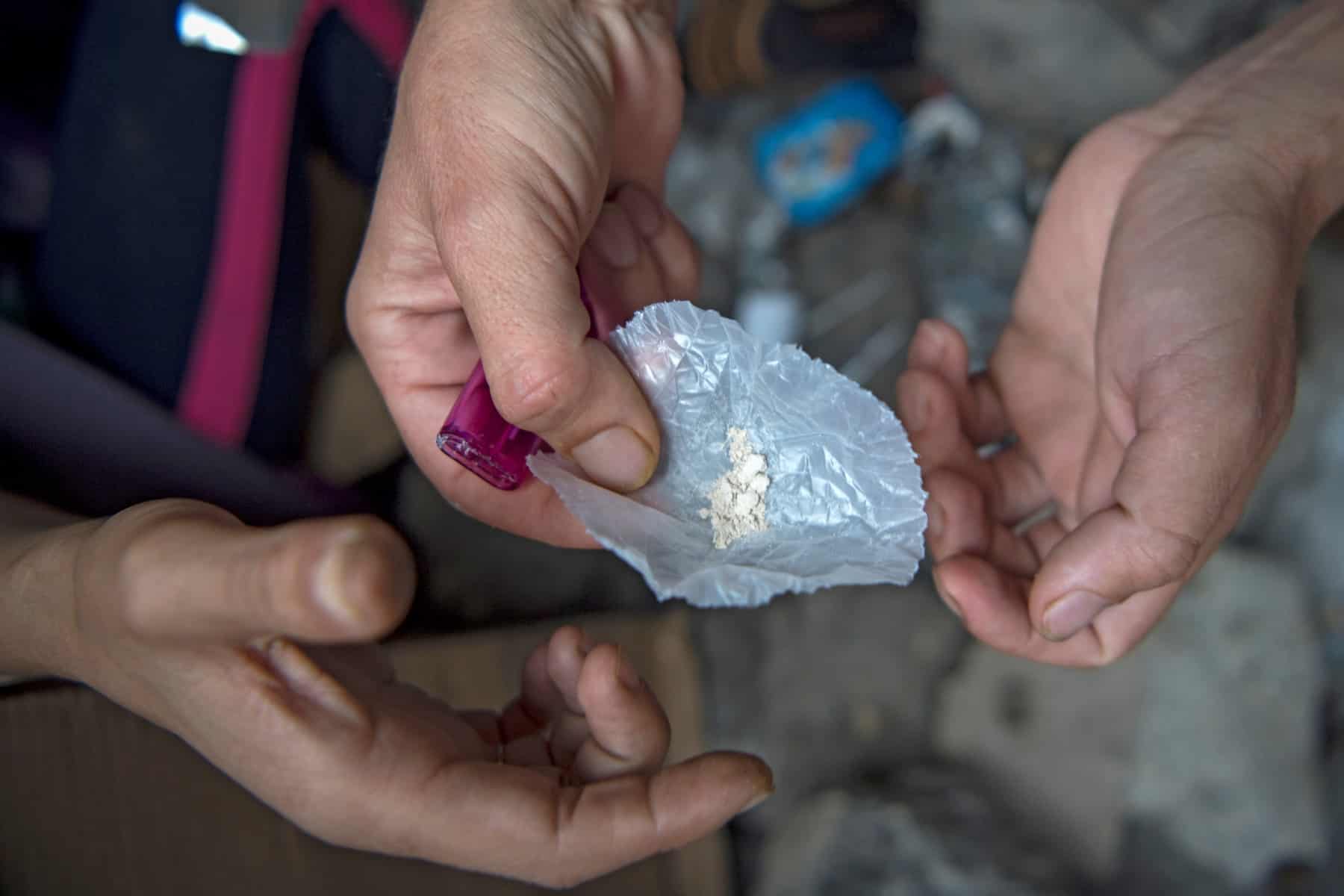New York, US – The number of people suffering from drug use disorders has surged by 45 percent over the past decade, reaching a staggering 39.5 million individuals, reveals the recently released UN Drug Report 2023.
The report highlights a substantial increase in global drug usage, with over 296 million people having used drugs in 2021, marking a 23 percent rise compared to the previous decade.
The UN Office on Drugs and Crime (UNODC) presented the report, which also sheds light on the vulnerability of youth to drug abuse and the unequal access to treatment across regions.
One concerning finding is that the global estimate of people who injected drugs in 2021 stands at 13.2 million, an 18 percent increase compared to previous estimates. Particularly in Africa, where 70 percent of individuals in treatment are under the age of 35, youth remain disproportionately affected by substance use disorder.
Despite the escalating numbers, the report reveals that only one in five individuals with drug-related disorders received treatment in 2021. There are widening disparities in access to treatment services, exacerbating the already dire situation.
The UN Drug Report draws attention to the interplay between social and economic inequalities and drug-related issues, pointing out that drug challenges both drive and are driven by these disparities. It also underscores the growing dominance of synthetic drugs in the global drug landscape.
An entire chapter of the report is dedicated to drug trafficking and crimes affecting the environment in the Amazon Basin. The illicit drug economy in this region exacerbates environmental damage and results in human rights abuses, disproportionately affecting indigenous peoples and other marginalized communities. The report highlights how impoverished and vulnerable populations in the tri-border area between Brazil, Colombia, and Peru face a high prevalence of drug-related crimes, making it challenging for them to access treatment services or the rule of law.
The conflict in Ukraine has disrupted traditional routes for cocaine and heroin trafficking, but the report warns that it may trigger an expansion in the manufacture and trafficking of synthetic drugs due to existing knowledge and emerging markets for such substances in the region.
Synthetic drugs have transformed illicit drug markets due to their cheap, easy, and fast production. Criminals producing methamphetamine, the world’s most dominant illegally manufactured synthetic drug, are continuously evading law enforcement by employing new synthesis routes, operating bases, and non-controlled precursors.
The report highlights the devastating impact of fentanyl on the opioid market in North America, with the majority of opioid-related overdose deaths involving illegally manufactured fentanyls.
Ghada Waly, the Executive Director of the United Nations Office on Drugs and Crime, stresses the urgent need to combat drug trafficking rings that exploit conflicts and crises to expand illicit drug cultivation and production, especially of synthetic drugs. Waly calls for law enforcement responses to adapt to agile criminal business models and prevent the proliferation of cheap synthetic drugs.
The report underscores the growing complexity of evolving drug threats and explores pressing issues such as drug use in humanitarian settings, drugs in conflict situations, and advancements in clinical trials involving psychedelics, medical cannabis, and drug treatment innovations.

